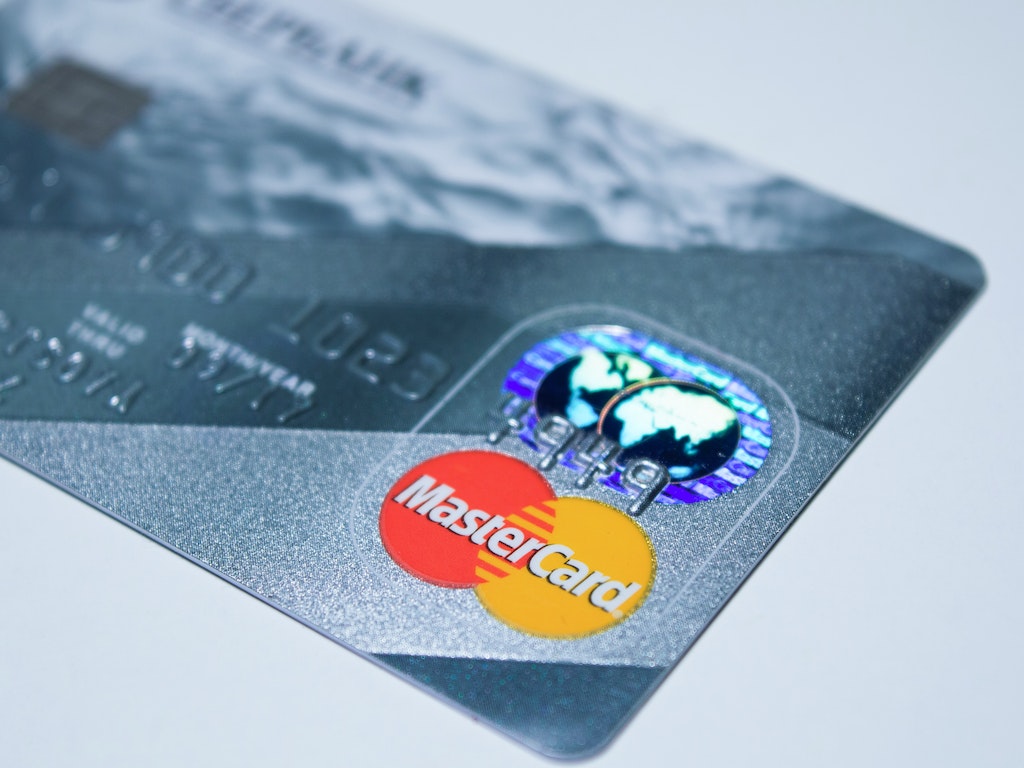Credit cards have the power to be your best friend or worst enemy. If you’re not careful, they can lead you down a path of debt and bad credit, but they can help move you toward a better financial future if you use them wisely. And the benefits can go beyond that. Many credit cards offer cash back rewards, travel miles, or other perks. To help you get started on the right foot, here are key things you should know about your first credit card.
Do Your Research
Different cards work better for different people depending on their needs. Some cards offer bonuses that can give you cashback or airline miles; others have low interest rates; some may require an annual fee while others don’t. It all depends on what works for you and your lifestyle. The best way to find the right card for you is to compare them with one another, so you can see how they stack up against each other.
Your Credit Score Matters More than Ever Before
In the past, most lenders gave applicants access to credit as long as they had a job and no recent bankruptcies or delinquencies on their credit report. Today, lenders give priority to those with good or excellent scores (above 670). The good news? You can start building good credit right now by getting a card and using it responsibly.
Don’t Go Crazy with The Spending
Credit cards are convenient because they let you buy now and pay later, but that’s also their biggest downfall. If you’re not careful, it’s easy to get into trouble with debt because of overspending with a credit card. This happens because when you use a credit card, it doesn’t feel like spending real money—it feels like playing a game or using monopoly money because it’s not coming out of your wallet at that moment. One way to avoid spending more than you can afford is by creating a budget and sticking to it.
Don’t Forget About Fees
You could be charged an annual fee by some credit card companies, especially if they offer rewards that make up for the cost of the fee (for example, airline miles). If you’re worried about paying the yearly fee, look into cards with no annual fees or rewards programs that waive the fee after a certain number of months. Also, remember that just like with debit cards, there are often extra fees for things like ATM withdrawals and international transactions.

